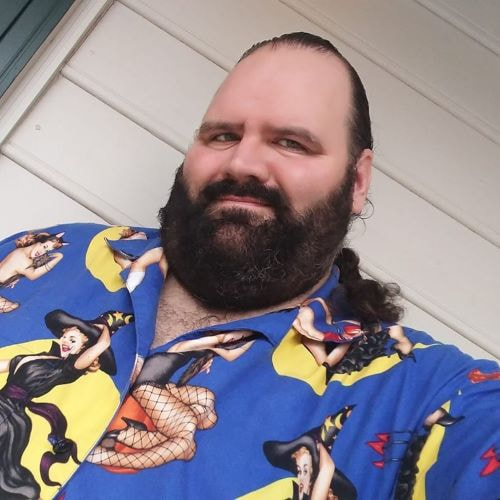And I'm seeing the first of my lovable cranky old assholes singing variations on the tune of, "Hollywood's been putting out crap for years now and they want more money? Fuck 'em. Stuff in the 80's, 90's, and aughts was better anyway."
Really?
Funny thing about those years.
Even if it took a while between gigs, you could bring in a tidy sum on residuals. Reruns, DVDs, they all added up.
A writer's room had 10 people, working 8-10 months to make a show with 18-24 episodes.
A writer could write a 15 page pitch and the producer could pass or pay to develop.
CGI was the new hotness, and it was letting us tell stories in new ways with every passing year.
What happened?
A few things.
In 2004, Return of the King sweeps the Oscars and makes it cool to be a nerd. The trilogy had two years of preproduction and involved thousands of people.
In 2007, Netflix launches streaming on demand. The studios balk, but soon see it as just another revenue generator.
That same year, The WGA strikes over video and DVD residuals, which hadn't been recalculated since 1985, and over new media compensation, sparked by a deal Viacom made to distribute episodes of South Park online.
That strike ended with residuals left unrecalculated and with a "New media" contract in place, which gave streamers terms much more favorable to producers than they did in traditional film & TV.
In 2008, Iron Man releases with plans for the MCU to accompany it. Marvel bets big on what turns out to be the next level up from a blockbuster: not just a tentpole summer movie that could make a lot of money once, but a string of blockbusters with proven fanbases that can be brought back in every year for years.
In 2009, rendering Devastator for Transformers: Revenge of the Fallen destroys a render farm computer at ILM.
Visual effects, being non unionized and international, increasingly allows competitive bids for portions of film work, resulting in races to the lowest bid.
In 2010, Peter Jackson is hired to direct The Hobbit Trilogy with less than six months prep time.
Ian McKellen would later reveal that the half-assed nature of the production left him in tears.
In 2011, Netflix and the studios start seeing each other as competition instead of mutually beneficial companies.
Netflix starts investing in original content while major studios like WB and Disney plan to launch their own services in-house and keep those fees for themselves instead of licensing them to outside services.
In 2012, Rhythm and Hues Studios files for bankruptcy 13 days before winning their fourth VFX Oscar for the movie Life of Pi. Visual Effects Supervisor Bill Westenhofer's acceptance speech is cut off when he mentions Rhythm & Hues.
Two months later, The Avengers hits theaters. Today, it is the 11th highest grossing movie of all time.
In 2014, CBS All Access launches, merging into Paramount+ in 2020.
In 2015, Amazon launches Spike Lee's Chi-Raq as Amazon Studios' first original movie.
In 2019, Disney+ and AppleTv launch. HBOmax and Peacock launch the next year.
Which brings us to today.
19 of the top 20 highest grossing films of all time were released after 2007. 17 of them after 2010.
And yet they plead poverty.
That writer who could've written a 15 page pitch and gotten it passed or paid to be developed is expected to have an a list director, a list actor, a series bible, and a whole laundry list of shit that used to be a producer's job in order to have a chance in hell of actually seeing production.
And yet they plead poverty.
That writer's room now has 2-3 writers for an 8 episode series working 10 weeks at best.
And yet they plead poverty.
Co-stars, guest stars, recurring guest stars, series regulars in all but name are being offered the bare minimum and actors are being told to take it or leave it.
And yet they plead poverty.
The few stars left who can get a picture made by agreeing to sign on are all in their 70's, 80's, and 90's because they were all stars in an era where that was still a thing.
And yet the producers plead poverty.
The few stars under 50 who exist don't have nearly the decision making power you think they do. And a lot of the ones who might be are burning out instead.
And yet the producers plead fucking poverty.
The AMPTP openly said they want to scan background actors for a day's pay (which is about $150 or thereabouts) and then use that scan with AI in perpetuity.
And yet the motherfucking producers plead fucking poverty.
The movies and shows that you loved and went back to time and again were made by people who were making a living making them.
The ones that you're sneering at were made by people struggling to get by while making some asshole in a mansion a touch richer.
And you want to say fuck us while we're trying to change that?
Think about it.
Take care of yourselves out there.


 RSS Feed
RSS Feed
